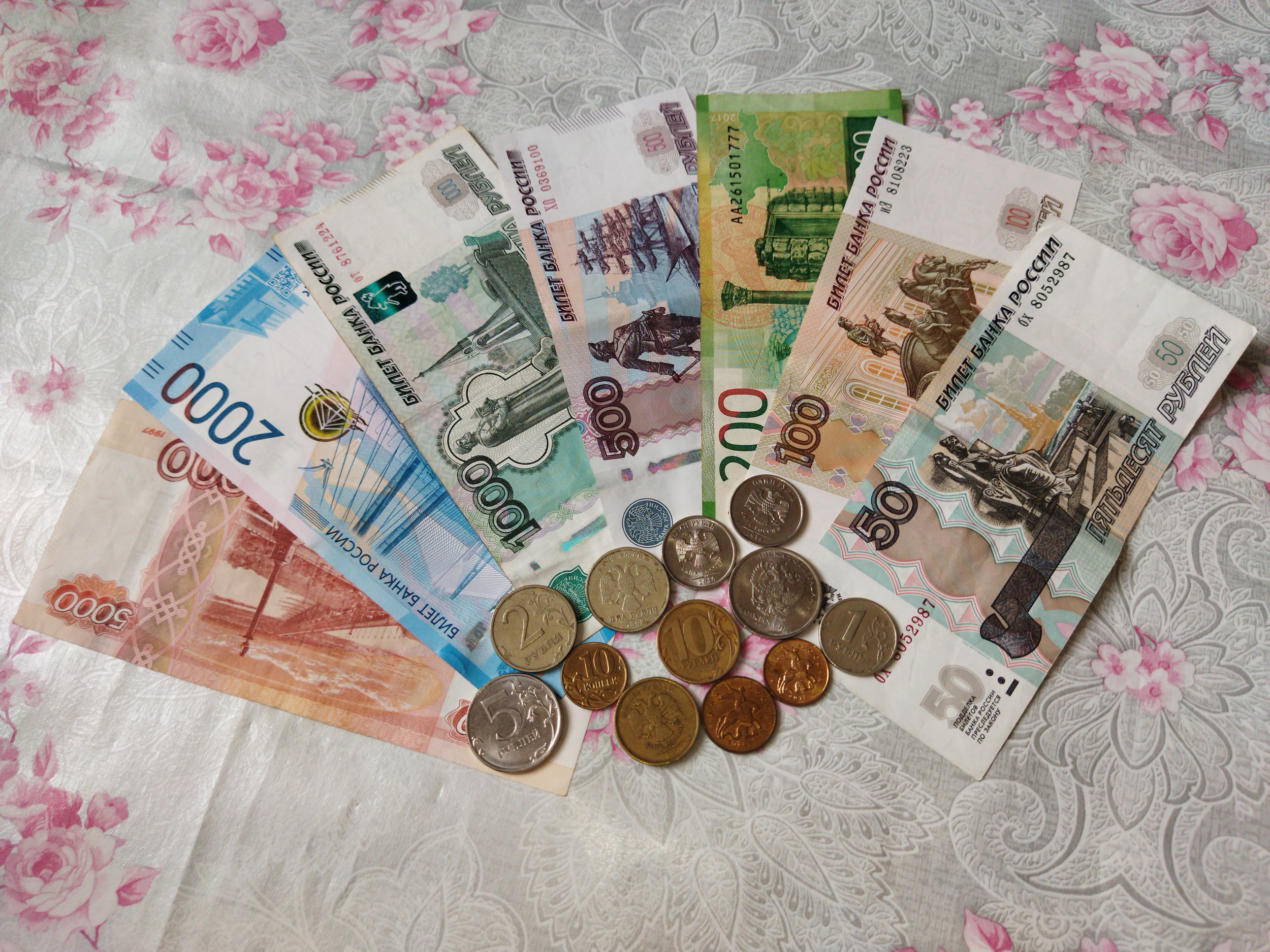OPINION: The Russia-Ukraine Conflict will Reshape European Energy
Much of Europe relies heavily on Russia for energy, so what does the conflict between Ukraine and Russia mean for fossil fuel production and exports? With stocks and oil prices rising, some are fearing the worst.
The planned Nord Stream 2 gas pipeline runs from Russia to Germany and aims to provide natural gas imports for most of the European Union. Beyond just the gas pipeline, Russia supplies roughly 40% of Europe’s natural gas, as well as approximately 27% of its crude oil. Furthermore, many Eastern European countries are 100% reliant on Russian natural gas. Nord Stream 2 made headlines recently when, in a move to hurt Russia economically, Germany decided to suspend the pipeline’s approval, preventing gas from flowing through. This move was a difficult decision for Germany as it will hurt their economy for the indefinite future.
Russia views this pipeline as a geopolitical tool. Many fear that Russia could cut off their natural gas exports as a result of the conflict in Ukraine. Russia’s reserves can sustain this drop in natural gas revenue if they do decide to shut off their exports temporarily. However, with much of Russian revenue coming from exports to Europe, they would be unable to afford a prolonged hit to exports.
Worries over the future of natural gas and oil from Russia have trickled into the stock market. In recent days, oil prices have shot up and the stock market has dipped as the world struggles to adapt to a future without Russia’s energy supply. The resulting squeeze on citizens has experts questioning Europe’s long-standing reliance on Russian energy.
This conflict will have serious implications for Europe’s reliance on Russian energy. Diplomatic options against Russia for countries such as Germany have been severely limited due to their reliance on Russian oil and gas., Russia, consequently, has been able to use its natural gas power as leverage in negotiations.
This conflict may push European countries towards greener energy sources and away from Russia's grip. Realizing this, the EU has recently pledged to cut their imports of gas from Russia by two-thirds this year. They also plan to eliminate all imports of Russian gas by the year 2030. Many hope that the realization of Russia’s grip over natural gas will force European nations to look for greener sources of energy. Currently, natural gas accounts for 20% of Germany’s emissions. Europe could move towards more renewable sources of energy such as solar, wind, or hydroelectric, as well as nuclear power.
Europe might also look elsewhere for natural gas in countries such as Norway, Denmark, or the Netherlands; however, these countries can’t replace the missing supplies from Russia. Their natural gas reserves aren’t nearly as large and efficient as Russia’s are.
On March 3rd, the International Energy Agency published a 10 point plan to lower Europe’s dependence on Russian gas. These steps include maximizing nuclear and bioenergy resources, using alternative sources of gas, and encouraging citizens to reduce their energy consumption. While there has been no formal introduction of this plan yet, the European Commission is currently planning proposals to accomplish this plan.
While there is no one “best” way to mitigate the effects of Russia’s control over the natural gas industry, European nations and others around the world must reduce their dependence on Russia. Russia should no longer be allowed to utilize their control over gas as a political and economic weapon to destabilize markets and to influence negotiations. The future of geopolitical and diplomatic relations depends on it.






